A Strategy for Successful Retail in a Changing Market
Tricera Capital Co-Founders Scott Sherman and Ben Mandell talk about their approach to experiential retail and the company’s latest adaptive reuse project dubbed The Press.
Millennials brought on a cultural shift built around valuing experiences over material things. This trend resulted in another movement—away from suburban sprawl and toward live-work-play and mixed-use environments.
Commercial Property Executive asked Scott Sherman and Ben Mandell, co-founders of Miami-based real estate investment firm Tricera Capital, how they choose the right neighborhoods for bringing more experiences and character to a city. Approximately one year ago, the firm acquired the Palm Beach Post building, a former printing press and newspaper headquarters located in West Palm Beach, Fla., with the intention to transform it into a mixed-use building encompassing retail and office space. The project is scheduled for completion in the first quarter of 2021.
READ ALSO: Experiential Retail: What You Need to Know in 2020
The duo also talked about the way adaptive reuse and redevelopment projects can enhance and preserve the essence of a community by creating relevant retail experiences while honoring the history of a building.
The retail segment has been constantly changing for the past few years. How would you describe the sector today?
Sherman: It depends on the type of retail. Retail is definitely evolving, but not all retail is dying as you read in the media. Our focus on emerging and mature growth markets with a dense urban core has been proving out. Service and entertainment-focused retail is doing well, and larger national brands that have been quick to adapt, downsize and change merchandising and product offerings have also been performing well.
What kind of retail assets and tenants are you targeting in this late-cycle environment?
Mandell: We are focused on neighborhoods and cities in the Southeast U.S. with a strong population and job growth. Over the past decade, the national trend has shifted from suburban sprawl to live-work-play and mixed-use environments. With e-commerce thriving, we are focusing on retail uses that can’t be replaced online. Food and beverage and entertainment-type uses are thriving right now, but you need to balance that with a mix of other uses such as fitness, service and some dry goods as well.
Retail today is mostly about experiences. How do you make sure that your properties remain relevant for tenants and customers alike?
Sherman: I like to say we are in the business of betting on operators and concepts. We come across a lot of new operators and concepts and need to determine which ones we believe will be successful within our project, and which operators have the experience and ability to execute. When we find great operators in a market, we like to try and work with them to create new concepts that we believe will be synergetic with our tenants.
This is extremely important today, as the idea of “credit tenants” is not what it used to be. Most of these new experiential tenants are not AAA-credit, nor do they have significant balance sheets to put behind the lease.
What strategy do you use when choosing a new location for a retail investment?
Sherman: We take a more of a rifle than a shotgun approach when exploring a new market. We will first look for cities with an influx of residential and office density/job growth. If the job market is strong and the residential market is growing, we look to find the street, neighborhood or pocket that has the bones and character to be a vibrant and pedestrian-friendly retail area that we can start to assemble and merchandise.
We also understand that every city/market is unique, so we like to understand the demographics and type of residents living and moving there to better cater the retail mix to the residents. We also try to embrace the local tenants and operators and sprinkle in regional and national tenants where needed. Central Avenue in St. Petersburg, Fla., is a great example of a street and city that checked all the right boxes, and we have been successful in executing our strategy there.
Tricera Capital’s portfolio includes assets in Tampa and South Florida as well. What makes these markets attractive for retail investments in 2020?
Mandell: South Florida and Tampa are both experiencing some of the highest population and job growth in the country and I don’t see that slowing down. South Florida is a highly competitive market, but it’s our backyard so we can keep a close eye on trends and neighborhoods and move quickly when the right opportunities arise.
Tampa is only a 40-minute flight away, and it’s a market we spend a lot of time focusing on, so we can keep a strong pulse on the market there as well. For Tricera, it’s all about the right opportunities and neighborhoods as we try to be selective on which new areas we invest in.
The Palm Beach Post property in West Palm Beach will be redeveloped and rebranded as The Press. Tell us more about this project.
Sherman: The Press is a redevelopment of the Palm Beach Post campus conceived with our vision to reinvigorate the Dixie Highway corridor and bring much-needed retail, offices, entertainment and public art to the city. The site was acquired in February 2019 and is located on more than 11 acres at 2751 S. Dixie Highway. We are branding the 125,000-square-foot retail component as Shops at The Press and the 140,000-square-foot office component as Workspaces at The Press.
Shops at The Press is a repurposing of an existing warehouse—the Post’s printing press—into a vibrant destination with retail, lifestyle and entertainment space. Since we acquired the site, demand from prospective retail tenants has been intense. For Workspaces at The Press, we are extensively renovating the existing four-story office building to address the need for cutting-edge, cool office products that appeal to young professionals. We will be able to deliver Class A office space at a more attainable price point for tenants.
The Palm Beach Post will occupy 35,000 square feet on the second floor of Workspaces at The Press. The response from retailers and the community underscores our belief that this project will have a dramatic impact on the Dixie Highway corridor and downtown as a whole.
READ ALSO: The Transformative Power of Adaptive Reuse
What challenges have you come across so far during this redevelopment process? How did you overcome them?
Mandell: Almost immediately, our biggest challenge was a lack of historical precedent for an adaptive reuse project of this magnitude. Traditional redevelopment projects involve demolishing the site and rebuilding the structure in a way that better suits the need of future retail tenants. With The Press, we are preserving nearly all of the existing structures, including the Post’s office building and the printing press. Throughout the process we had to overcome issues regarding planning, creating and situating retail tenants within the preserved structure.
Despite those challenges, it has been a pleasant surprise that the community around the project supports our initiatives fully. The support we have received regarding our efforts to keep the density low and reuse the property efficiently rather than build vertically has been outstanding. The Post’s structure has great bones and the potential to become something special. The site is located on a highly trafficked road and checked all our boxes. It is very rewarding and truly an honor to bring a much-needed retail product to the surrounding community.
What tenants are you planning to bring to the building?
Mandell: 2020 is going to be a huge year for Tricera and the Post redevelopment project. Shops at The Press will be anchored by a national coffee concept, a prominent health-focused grocer and a large fitness center. Workspaces at The Press will house Ideabar, a marketing and branding agency, in a 10,000-square-foot space on the ground floor.
We are also in talks with a diverse mix of office tenants looking to bring their headquarters to the building. We are also exploring bringing a coworking component to the site. The project is our way of paying homage to the rich history of the Post, while also filling a void of modern office space and new lifestyle-oriented retail that serves the rapidly growing downtown West Palm Beach area.
How does repurposing older buildings fit your investment strategy?
Sherman: Our team enjoys looking for the character within existing structures and using a creative license to reimagine the property. We welcome the challenge of capturing the essence of the existing character and bringing innovative ideas that enhance the surrounding community. To me, breathing new life into older buildings and seeing something that others who walk by the property every day might not see, is fun. This is what truly excites me about what we do at Tricera.
Mandell: Being able to repurpose an older building allows us to pay homage to the architectural history of a structure. Architecture is an art form that our team values as an opportunity to create something unique with what is already in place. For example, 30 years ago, the newspaper business was considered a giant within the corporate hierarchy. If you had said that one day the industry would be struggling, people would have thought you were crazy. Fast forward to today, the newspaper business is, in fact, struggling, and we are giving this once-thriving structure a facelift, bringing it back to life. Adding a retail component to the Post creates an environment that will attract residents giving them amenities that are often overlooked during many redevelopment projects.
How will this project impact the commercial real estate market in West Palm Beach?
Sherman: The Dixie Highway corridor has always been a major artery for commuters within West Palm Beach. It lacks simple, conveniently located amenities like coffee shops, restaurants and grocery stores. The tenants we are bringing to the community will cater to their need for shopping and entertainment. This project will enhance the city and attract young professionals who are constantly looking for the next new trend or neighborhood.
Mandell: As an example, the closest Starbucks to Dixie Highway is located on either Okeechobee Road or Clematis Street, and both are inconvenient for commuters to and from work. The Palm Beach Post project will create a centralized pocket of retail convenience for the everyday commuters in West Palm Beach. I also see the Dixie Highway corridor continuing to evolve and become a major destination within the West Palm Beach market.

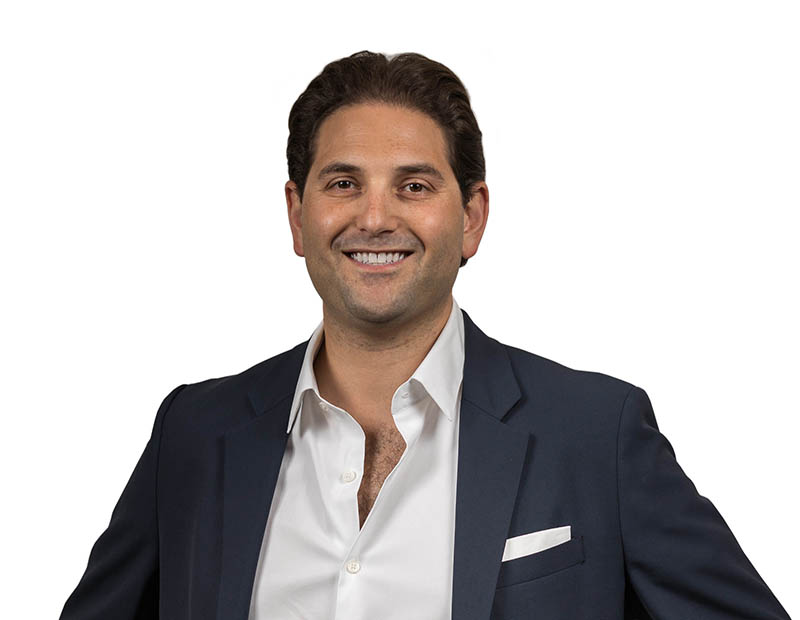
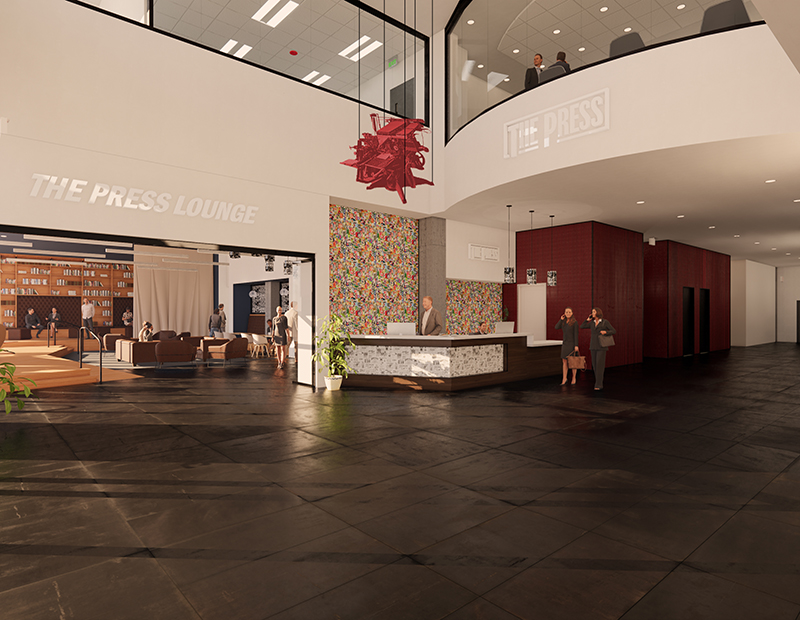
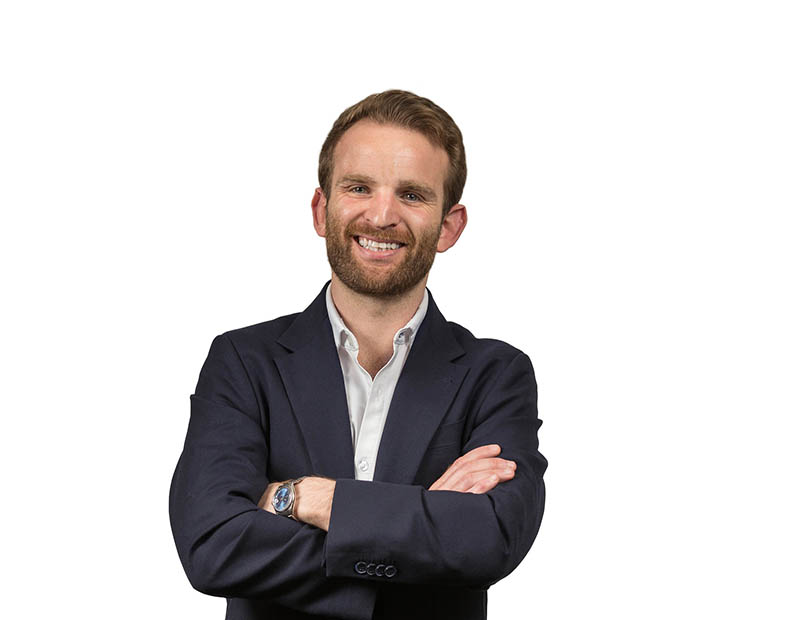
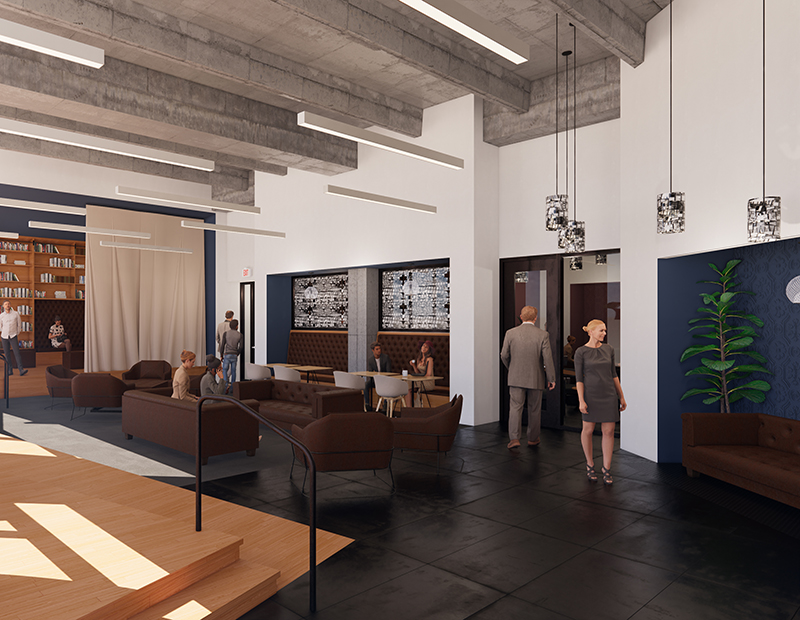
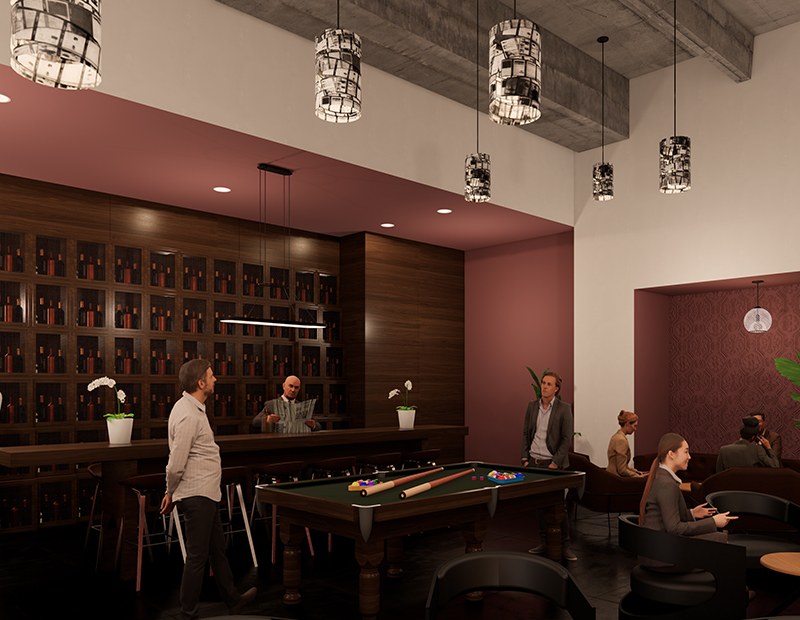
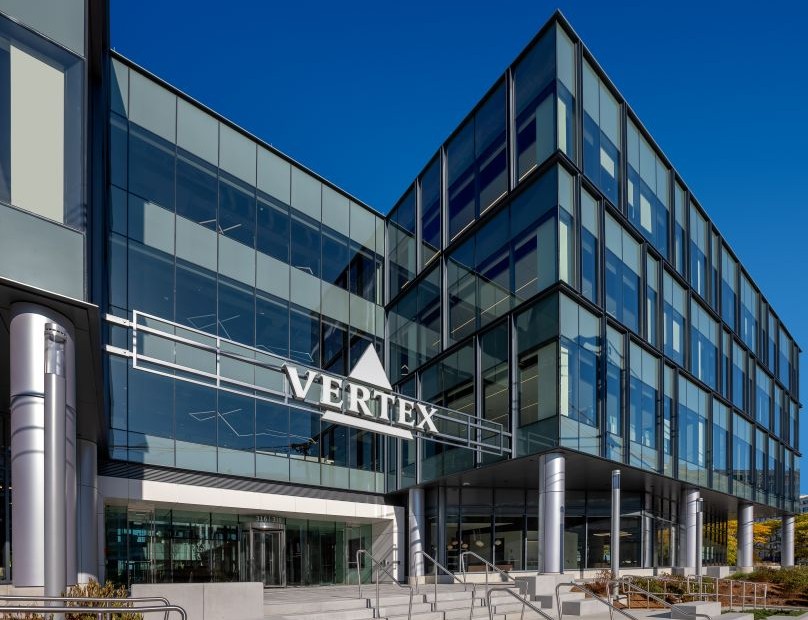

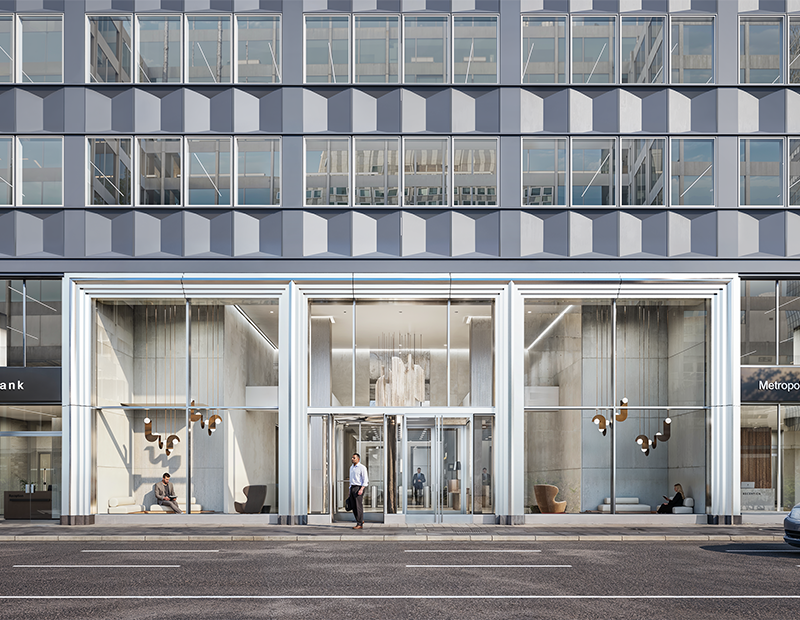
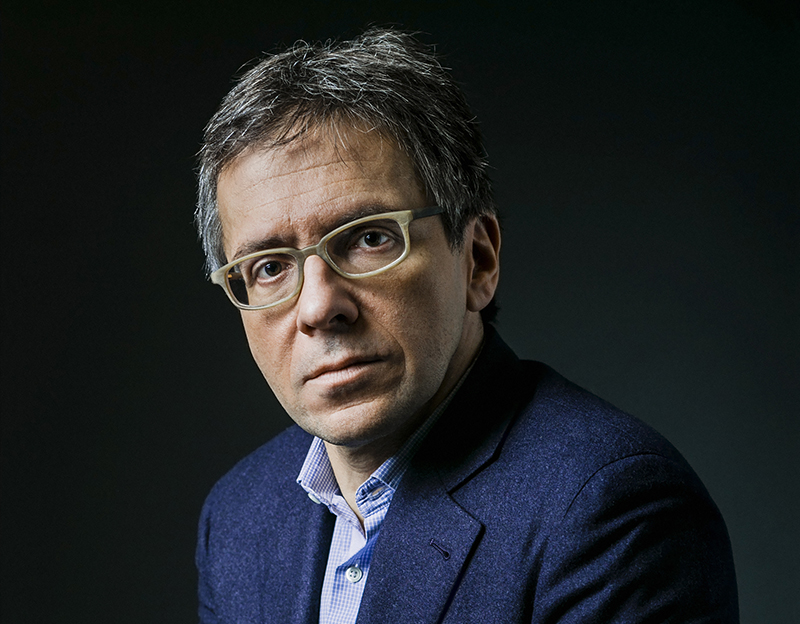
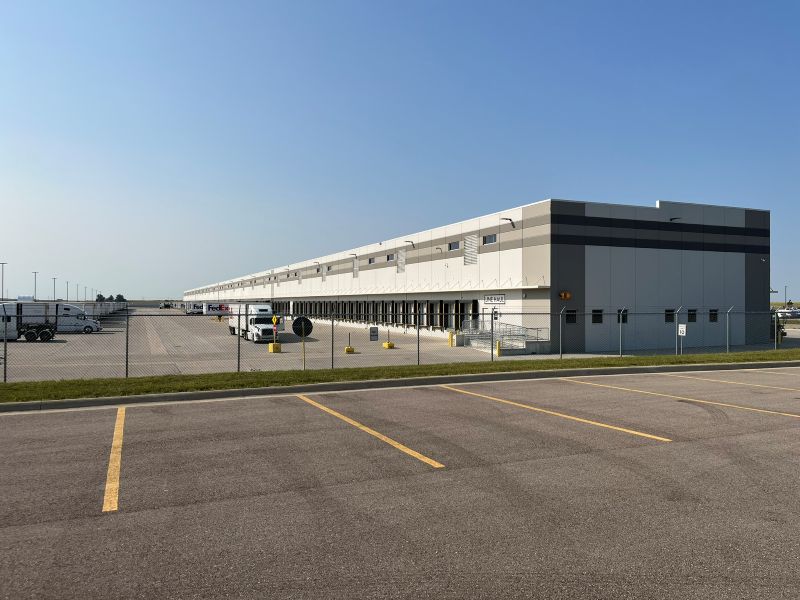
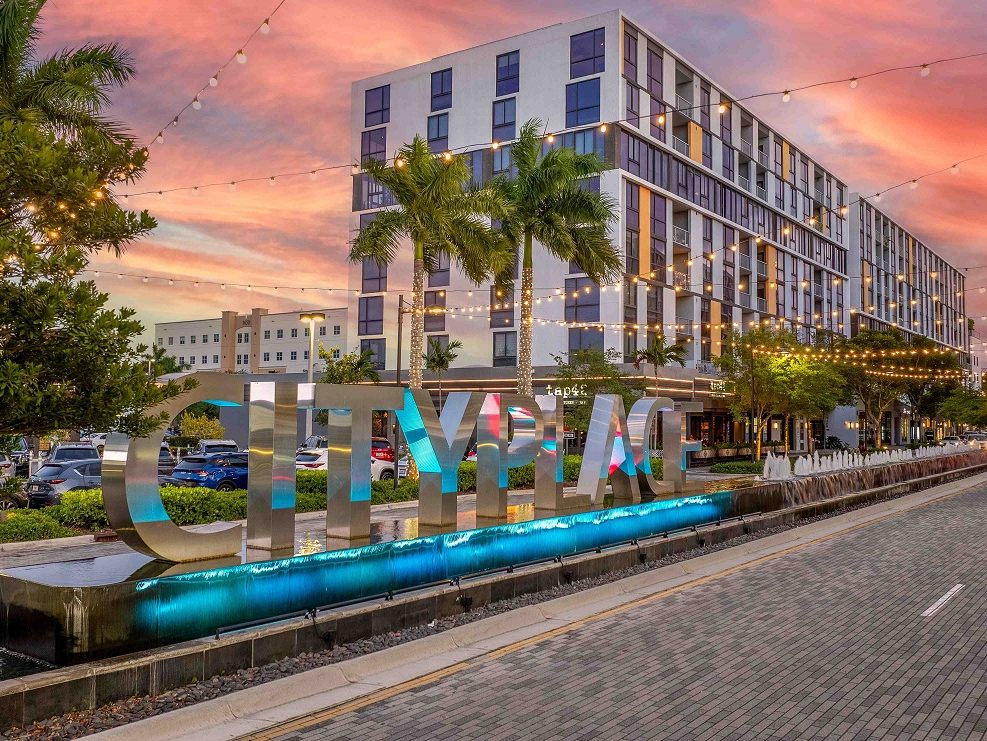
You must be logged in to post a comment.